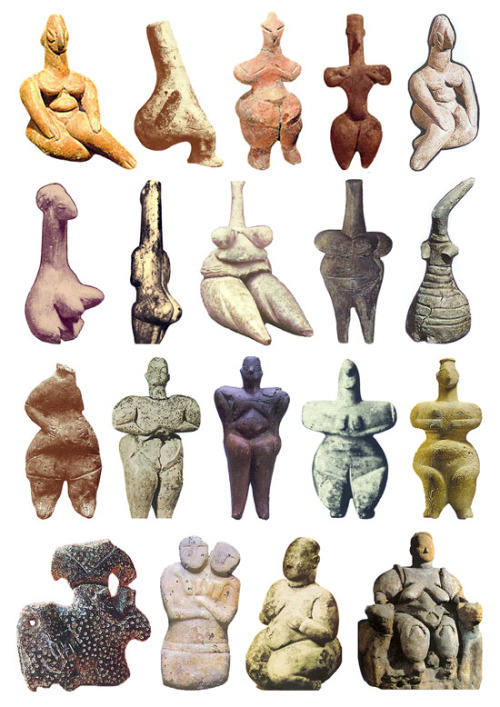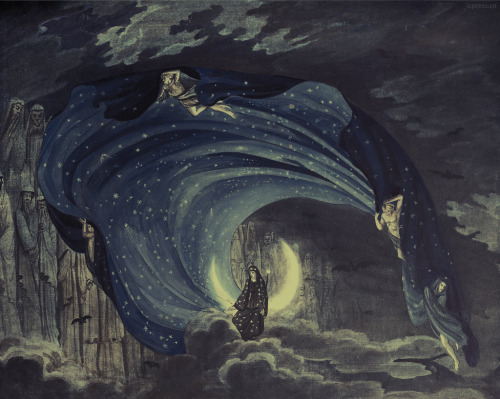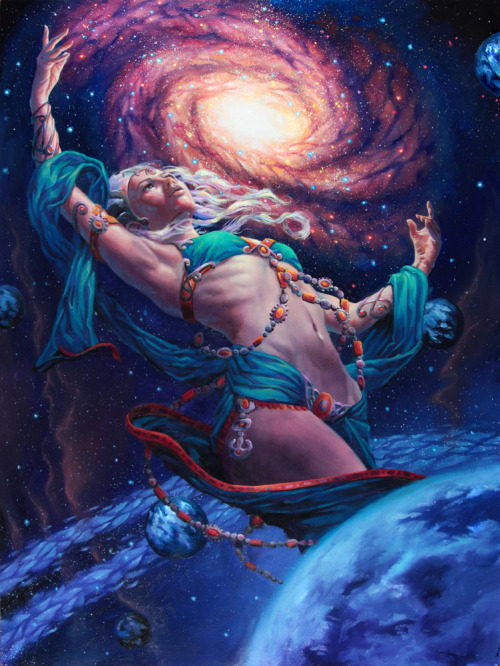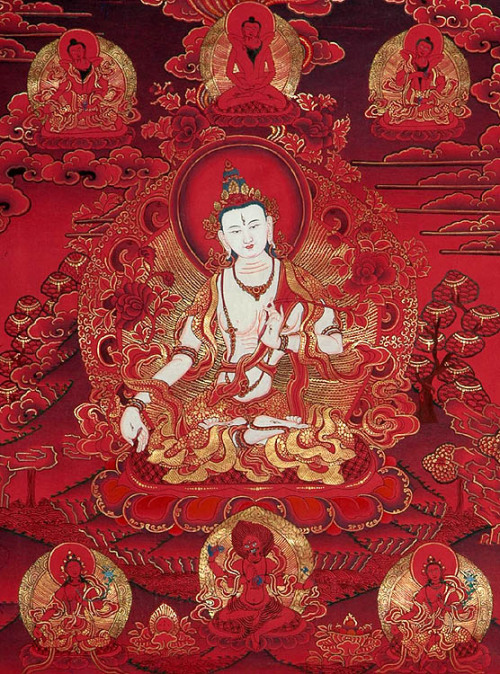I did not plan this awakening consciously and I don't have a guru. Then again I'm not a follower by nature. I have had spiritual teachers but they have all presented themselves to me as friends, and all of them have been with me for only a short period of time. None of them allowed me to form too close of a bond and therefore become dependent.
Basically it was kundalini. It was universal love rising within this corporeal form. I did not discipline my mind into the acceptance that there is one mind and at the same time no mind. When it comes down to it, awakening is a force of nature, beyond ego. My previous attempts at disciplining myself into peace and happiness did nothing except perhaps clear a path through which the energy could rise. This energy has let me know in gentle yet firm ways that it is something infinitely greater than my mind, and beyond the mind’s control. I could clear a path, but I could not initiate the flow. It happened by itself.
Therefore, the idea of disciplining the mind into enlightenment seems to be merely a construct of the mind.
It's funny though that I went to Sita for clarification on what darshan meant and still emerged from the conversation with my original notion intact: gurus do more harm than good.
Every time I try to interpret spirituality through a Hindu lens I get stuck. I think that is because Indian culture has such a focus on heirarchy and it's so intricate and florid and ornate... it just doesn't resonate. Also I am not good with authority figures or the idea that someone can be more "enlightened" than another... to me that is just encouraging idoltry and a distraction of focus from the true self.
That is why I don't buy this avatar shit either. First off, the only non-Hindu avatars you hear about are Jesus and Buddha. All the other ones are Indian. Why is that and why does nobody in the West seem to question that? And then most avatars are male, go figure. And they all floss big time while preaching charity and humility. Riiiiiight.
The avatar concept originated thousands of years ago in a culture that was highly stratified due to the social caste system. The idea that there could be a person who is spiritually "higher" than others worked well in this environment. Today, it's different. Relatively classless western cultures are the dominating force in an increasingly globalized world order. The avatar concept is an interesting one, but it needs to be updated thus for a new age: we are all avatars.
Westerners who consider themselves to be out-of-the-box spiritually seem to be attracted to old, Eastern, and sometimes pagan-oriented spiritual concepts and cultures. This is obviously a longing generated by the vapid materialism of our own culture -- where youth and money are the highest gods. It's natural to look elsewhere in the physical realm for answers, and a time-honored spiritual locus like India might seem perfect. But how much do we really learn about ourselves by rejecting our own spiritual cultures and adopting someone else’s? You can run from your attachments, but you cannot escape until you turn and look at them head on.
Is traveling around the world in search of spiritual enlightenment really the best path for someone from a culture of escapism that encourages instant gratification, victimhood, pill-popping, litigation, and violence as the cures for all problems? How can you escape the dualistic trappings of the mind when you are looking for answers outside yourself?
I think Sita is right when she says Americans are children. Yet, Indians are elderly. Their spiritual concepts, while solid in foundation, need to be pulled out of the past and combined with individual, personal knowledge in order to be relevant in the modern world.
When we see people as either leaders or followers we are certainly subscribing to an old, time-honored paradigm that used to be effective. But it's time for something new.
It's time to come home. It's time to stop studying and practicing other cultures' spiritual traditions and reading spiritual and religious and philosophy books and instead take a good hard look at the emptiness in our own souls. How did we allow this to happen? What does our spiritual emptiness say about us?
My theory is that Americans (and the Western world) are not spiritually vapid after all. I think we are simply currently existing as an empty slate, a blank canvas on which we are to learn that each of us, as individual souls with free wills, can paint divine works of art. Each of our paintings will be as exquisitely different as we all are, but each work of art will emerge/originate from a conscious awareness of universal energies.
This is why disciplining the individual mind doesn't work. The mind doesn't want to be disciplined. It wants to be free to create, to play with lila.
Detaching from the emotions is another eastern concept that has been bastardized by over-zealous Western seekers. Too many of us have taken the idea of detachment to mean avoidance and denial. You can say the words, "Who is this 'i' who is attached?" but unless you can back it up with personal experience, it's just rhetoric. If you can stand in the hurricane and enjoy the wind instead of succumbing to fear and frantically seeking shelter (and without denying it's windy in the first place), the calm eye of the storm will eventually find you and hold you fixed in its gaze.
You cannot detach from your emotions unless you allow yourself to fully experience them as they arise. Non-attachment actually means letting your emotions flow freely through you. If you are angry, let it out. If you feel shame about being angry, let yourself feel that, too. Acknowledge your emotions, whether they be considered positive or negative by the rest of the world.
But also do not hold on to the emotion by being attached to the outcome of its expression. In other words, if your anger emerges in the form of shouting at someone, do not expect your behavior to change their point of view. The only purpose in shouting should be to let your anger free; you should not expect a result other than a release of the emotion. If you then feel guilty for losing your temper, do not expect your self-flagellation to have any specific effect. Conversely, when you tell someone you love them and expect them to reciprocate on the same level, you are holding onto your love instead of releasing it.
When people start to get a glimpse of the possibilities inherent in their true nature, they often fall prey to the illusion that they must do something with this knowledge – they must save the world and strive for the uplifting of all humanity and such. But that’s just ego. What is it in you that thinks it can change people? And why do you really want to do that?
Just because you glimpse a truth doesn’t mean you know the whole of it. The only truth is that you will never know the whole of it. Enlightenment is a mirage. To believe that you have “gotten there” and are now in a position to enlighten and serve everybody else is to succumb to a subtle yet massive ego trip. You are not doing good deeds in order to help others. You are doing them because it makes you feel good, and powerful, and in control. And that is perfectly acceptable, but there is a profound inner peace that comes from acknowledging that it’s not about the other person, it is about you.









































